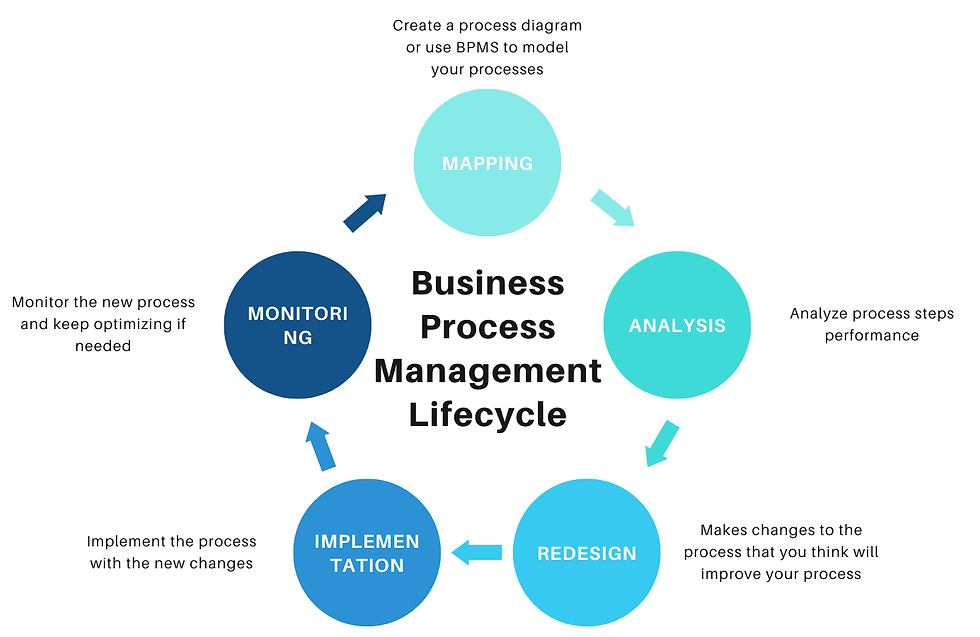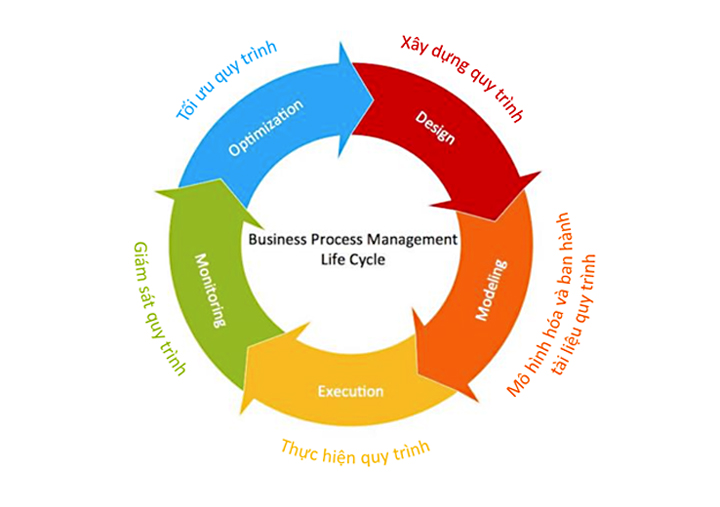The Evolution of Business Logic in the Age of Cloud Computing
- sandyarsenaulttech
- Dec 9, 2024
- 3 min read
In the digital era, businesses have continuously adapted to technological advancements, with cloud computing being one of the most transformative innovations. At the heart of this evolution lies business logic, the set of rules and workflows that dictate how organizations operate. This blog explores how business logic has evolved in the age of cloud computing and its implications for modern enterprises.

1. The Role of Business Logic in Traditional Systems
In traditional IT environments, business logic was tightly coupled with on-premise infrastructure. Applications were designed to serve specific purposes, with predefined workflows hard-coded into systems. This setup presented several challenges:
Lack of flexibility: Changes to processes required significant development time.
High costs: Maintaining and upgrading on-premise systems demanded substantial resources.
Scalability issues: Legacy systems often struggle to scale with growing business demands.
2. The Emergence of Cloud Computing
The advent of cloud computing revolutionized how businesses approached their operations. With its on-demand scalability, reduced costs, and remote accessibility, the cloud offered a new foundation for business logic. This shift allowed businesses to:
Decouple business logic from hardware: Applications became modular, with business logic managed at a software level.
Adopt agile development practices: Changes could be implemented faster, enabling rapid iteration.
Leverage global accessibility: Cloud platforms enabled real-time data access and collaboration across geographies.
3. Evolution of Business Logic in the Cloud Era
a. Modular Architectures
Modern cloud platforms emphasize modularity, allowing businesses to create and manage separate components of business logic. Microservices have emerged as a popular architectural approach, enabling organizations to design workflows that are flexible, scalable, and easier to maintain.
b. Automation and Orchestration
Automation tools in the cloud allow for dynamic execution of business logic. Workflow orchestration ensures that processes flow seamlessly across different systems, reducing human intervention and increasing efficiency.
c. Data-Driven Decision Making
With the cloud’s capability to process vast amounts of data in real-time, business logic has become more adaptive. AI and machine learning play a pivotal role in analyzing data patterns, enabling predictive and prescriptive workflows that can adjust based on real-world scenarios.
4. Benefits of Cloud-Based Business Logic
Scalability: Cloud platforms can handle fluctuating workloads, ensuring that business processes remain uninterrupted.
Cost Efficiency: Pay-as-you-go models reduce upfront costs and optimize spending.
Flexibility: Organizations can quickly adapt workflows to align with evolving market demands.
Integration: Cloud-based business logic integrates seamlessly with APIs, third-party services, and other cloud platforms.
Enhanced Collaboration: Teams can work on shared workflows, leveraging cloud accessibility.
5. Challenges in Implementing Cloud-Based Business Logic
Despite its advantages, adopting cloud-based business logic comes with challenges:
Security Concerns: Ensuring data privacy and secure workflows remains a top priority.
Dependency on Providers: Organizations must choose reliable cloud providers to avoid downtime and performance issues.
Complexity in Migration: Moving legacy workflows to the cloud can be a resource-intensive process.
6. Future Trends in Cloud-Based Business Logic
As technology continues to evolve, so will business logic in the cloud. Key trends include:
Edge Computing: Business logic will extend to edge devices, enabling faster decision-making closer to data sources.
Serverless Computing: Organizations will increasingly leverage serverless architectures to reduce overhead and focus solely on workflows.
AI-Driven Workflows: Business logic will become more intelligent, with AI dynamically optimizing operations.
Conclusion
The evolution of business logic in the age of cloud computing represents a paradigm shift for modern enterprises. By leveraging the flexibility, scalability, and intelligence of cloud platforms, businesses can build resilient and efficient workflows that adapt to changing market conditions. As cloud technologies advance, the potential for innovative business logic will only continue to grow, empowering organizations to thrive in the digital age.
SITES WE SUPPORT
SOCIAL LINKS



Comments